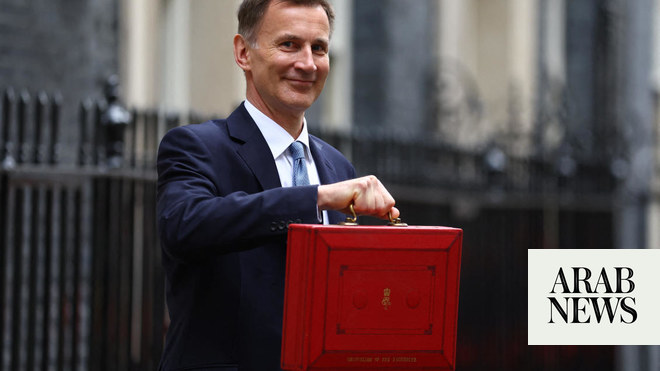
Disabled people and their carers are being put at risk of catching coronavirus by returning to the workplace after being missed off the government’s vulnerable list, the Guardian has learned.
As Britain edges back to work, employers are understood to be denying some disabled people and carers paid leave to remain at home if they cannot provide a letter from the government showing proof of vulnerability, despite being at high risk from coronavirus or caring for someone who is.
The government’s register for extremely vulnerable people, which has previously been criticised for excluding a number of high-risk disabilities, is primarily designed to help signpost the need for food support. But it has emerged some employers are using the list as a condition for allowing employees to take paid leave.
Disabled people and carers who were not on the list told the Guardian they had been required to go into work by their employer or face dismissal when they could not show proof of vulnerability, with one worker forced to self-isolate between shifts in order to protect their disabled child.
They included key workers such as a teacher and a supermarket assistant. Harry Banes* has primary progressive multiple sclerosis but is having to go to work as a petrol station attendant. “The manager [has] little regard for social distancing. There are no restrictions on the amount of people coming in, and we only had a screen in front of the till last month,” he said.
Banes said he had asked to be furloughed but his boss had only offered statutory sick pay. “Because I didn’t make the government’s list, I can’t back up potential vulnerability.”
Four-year-old Charlie Sanders has type 1 diabetes with low immunity and is cared for by his parents, Jennifer and Michael. Michael stacks shelves in a supermarket, but because Charlie did not make the extremely vulnerable list, he said, his employer only offered unpaid leave. “We can’t afford that,” Jennifer said. “We’re scared stiff.”
Michael used three weeks’ holiday pay in April but has now had to go back to work. He is self-isolating within the home away from his family between shifts in order to reduce the risk. Last week, it meant he missed Charlie’s birthday. “I went into the garden and watched him open presents from a distance,” Michael said. “Charlie couldn’t understand why Daddy can’t hug him.”
Someone who is advised to shield in accordance with Public Health England guidance is entitled to statutory sick pay but this only applies to the 2.2 million people the government now counts as “clinically extremely vulnerable”.
Employers can also decide to furlough an employee who is shielding, but there is no legal obligation to do so. However, the Equality and Human Rights Commission (EHRC) says employers have a legal duty to make reasonable adjustments for disabled people if it is less safe for them to go to work than their non-disabled colleagues.
This comes after researchers warned 8 million people with underlying health conditions should be exempt from plans to get the country back to work, amid fears that they would catch the virus.
Most of those are not considered clinically “extremely vulnerable” by the Department of Health and Social Care, and so instructed to shield entirely for 12 weeks, but are still highly vulnerable to coronavirus.
Gemma Jones has ME and is cared for by her husband, Colin, who is a teacher. Despite being housebound, she did not make the extremely vulnerable list. Her husband was temporarily allowed to work from home when they explained the risk of contagion but his headteacher repeatedly called to ask for evidence of her susceptibility to the virus. “My husband has now been told he has to go back to school because I didn’t receive a letter to say I was officially high risk,” she said. “I’m terrified, honestly.”
A government spokesperson said: “The clinically extremely vulnerable classification should not be used by employers to decide who can and cannot travel into work.
“We expect employers to be understanding where people aren’t able to work and need to stay at home on government advice. If an employee feels they have been unfairly treated by their employer, they should contact the Acas helpline for free and confidential advice on 0300 123 1100.”
* All names have been changed












